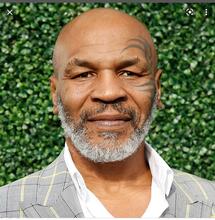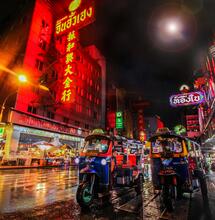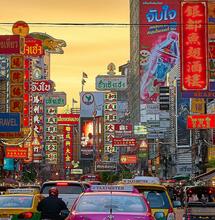Dutch drug policy, pragmatic as ever

The Dutch approach is about curtailing crime and hard drug use - and tourists needn't worry too much about a new rule
The Dutch approach is about curtailing crime and hard drug use - and tourists needn't worry too much about a new rule
I went to school on the border of the sleepy university town of Leiden, in the Netherlands. Drugs, ranging from cannabis in coffee shops to much stronger substances, were around. What kept me and almost everyone I knew away from those drugs was detailed information about their effects, which we gathered from our teachers, from television and from teenage magazines.
So when I studied at York University in the 90s, I didn't join the students who took LSD before going into town at night. They said it was great fun but I knew a trip on LSD could go badly wrong. Smoking pot, for sale in government-controlled coffee shops in my home town, would have been a much safer option for them (though not completely harmless either). But in England all drugs seemed to be viewed as equally dangerous.
Education and government information have traditionally kept drug-related health problems in the Netherlands low, compared with the rest of Europe. One in five Dutch young people say they have tried cannabis, which is the European average - but the figures are much lower than average when it comes to hard drugs.
In recent years, the Dutch government has therefore been much less worried about health effects of drugs than about the criminal activies relating to its trade. This explains the new rule that came into effect on the first day of 2013. In the Netherlands' coffee shops, only Dutch residents are from now on allowed to buy cannabis ("wiet"), like marijuana and hashish. Before buying a joint, customers need to show a passport or official proof of residency in the Netherlands. The authorities hope that this will help to curb drug trafficking, drug tourism and street crime.
The rule follows a 2012 experiment in a long, controversial history of policy-making in regard to drugs: the wietpas ("weed pass"), which was introduced in the spring of 2012 in the southern provinces bordering Belgium and Germany. In effect, the wietpas was a personal membership card for a coffee shop. Coffee shops had to act as exclusive clubs that only Dutch citizens and residents could join. Shop owners were told to keep lists of their clients and were forbidden to sell their stock to non-members. The registration of personal details turned out to be very unpopular, illegal street trade boomed, and the pass was abolished after only six months.
Despite the wietpas' lack of success, the government went ahead with the new law anyway, though with some minor amendments, dropping registration but still forbidding people who don't live in the Netherlands from buying in coffee shops all over the country. To what an extent it will work is questionable: tourists in Amsterdam, at any rate, don't need to worry. Mayor Eberhard van der Laan announced that foreign visitors are still welcome in his city's more than 200 coffee shops. He had understandable reasons for doing so: it is estimated that nearly 20% of the 7 million foreign visitors who come to the Netherlands each year visit an Amsterdam coffee shop, pouring millions of euros into the local economy. Other local authorities all over the country are expected to follow Amsterdam's example.
Forbidding foreigners to buy a product that is legal for locals may seem ridiculous. Yet the new rules fit into a long-term policy of pragmatic toleration. Far from having implemented an all-out liberalisation policy, the Netherlands has always pursued a two-pronged strategy: legalising soft drugs while taking a harsh stance on hard drugs, allowing coffee shops, introducing weed passes and banning drug tourists are all part of an effort to control crime and diminish drug trafficking, without filling up Dutch prisons with people caught with a bit of dope in their pockets.
Whatever the long-term effects of the official ban on drugs tourism, the policy of pragmatic toleration seems to be generally effective. Despite its coffee shops, the Netherlands are as safe other European countries. As in other countries, reported crime has been going down steadily since the turn of the millennium.
For tourists the new rule won't make much difference. Rembrandt's paintings and a coffee shop visit still come as a package deal. When it comes to their health, they have little to worry. But at night they might be walking safer streets.
http://www.guardian.co.uk 02/1/2013



